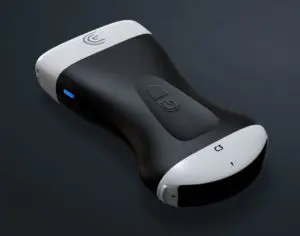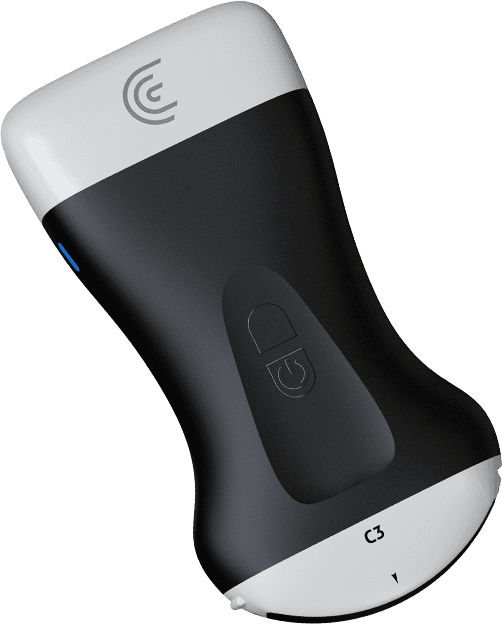In our latest episode, we had the pleasure of chatting with Maria Carney, MD, MACP, Chief and Medical Director at Northwell Health, who shared her wealth of knowledge and passion for geriatric and palliative care, which sprang from various “aha” moments throughout her life and career.
The Role of Technology in Elder Care
One of the most striking points Dr. Carney touches on is the transformative potential of technology in elder care. She emphasized that technology can significantly enhance communication between healthcare teams and patients, making it easier for caregivers to provide timely and effective care.
“When someone’s at home and they need assistance, technology has been thought of how to help them, whether they need resources, education,” she explains. “But you’re only as good as who’s on either side of that technology.”
Dr. Carney highlighted various tech innovations, such as telehealth services and devices that allow for continuous patient monitoring and swift responses to any changes in their health status. These tools not only improve the quality of care but also provide peace of mind to both patients and their families. Still, credentials should absolutely be up to snuff for the proper use of these tools in order to maintain trust. Dr. Carneys says, “If we build technology, I want to make sure who my patient’s talking to has the right information. Do they know what they’re doing? Are they certified? Are they qualified? Does it help the doctor-patient relationship or does it hurt the doctor-patient relationship?”
The Importance of Supporting Caregivers
Dr. Carney stresses that by empowering caregivers, we can improve the overall quality of care provided to older adults, pointing to her book, The Aging Revolution as an example. “We really need to reinvent healthcare systems, and we talk about that in the book in several chapters, from delivering more care at the home, identifying caregivers and really helping them provide care, age friendly health systems. We also look at the rise of palliative medicine in society and how it came and why it came to rise.”
She notes that caregivers play a vital role in the healthcare ecosystem, particularly in elder care, and it is essential to equip them with the necessary tools and resources. Dr. Carney shared practical advice for healthcare providers on how to better support caregivers, including offering training programs, providing access to support groups, and ensuring they have the necessary respite care.
Dr. Carney also highlighted the emotional and physical toll caregiving can take and the importance of addressing caregiver burnout. By acknowledging and addressing these challenges, we can create a more supportive environment for caregivers, ultimately benefiting the patients they care for.
Balancing Longevity and Quality of Life
Dr. Carney also speaks passionately about the need to balance longevity with quality of life in elder care. She advocated for a patient-centered approach in palliative care, focusing on what matters most to the patient rather than solely extending life.
“What matters most?” she asks. “Maybe a person doesn’t feel so well when their sugars are so tightly controlled and they prefer to lighten up. Or I’ve seen with patients with congestive heart failure on a diuretic, they’re given a regimen that helps their congestive heart failure, but they often will not take it on a certain day because they want to go to lunch with somebody. You have to balance the pragmatic aspect of healthcare and what matters most to a person versus managing a disease perfectly.”
Dr. Carney advises that early discussions and planning for future healthcare needs are crucial in ensuring that patients receive care that aligns with their values and preferences. She discusses various innovative care models, such as primary care, PACE programs, and hospice house calls, which have shown to improve outcomes for older adults. These models emphasize holistic care, addressing not only medical needs but also social, emotional, and spiritual well-being.




